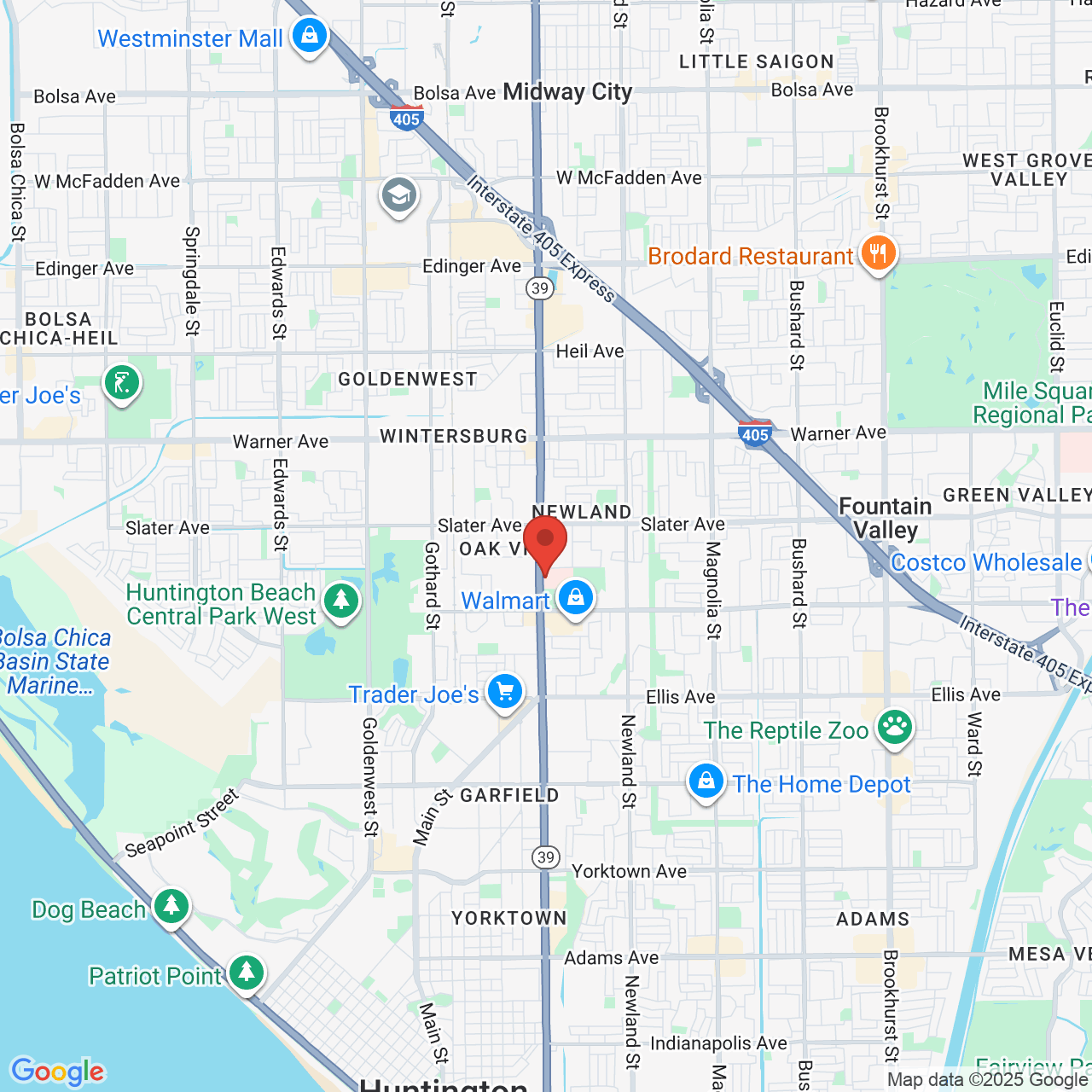What Happens if I Don't Get Treatment for My TMJ Disorder?

The effects of TMJ disorder (TMD) vary greatly from one person to the next. For some, symptoms flare when their life is particularly stressful, then recede at other times. If you suffer from chronic problems with your temporomandibular joints (TMJ), however, you should take it seriously.
The risks of untreated TMD can have serious, lasting repercussions and detract from your quality of life. This is an area I feel particularly strongly about educating patients at my Huntington Beach, CA, office. Read on to learn more about what you could be facing.
Worn & Cracked Teeth
One of the biggest indicators of TMJ is teeth clenching and grinding–either at night or during the day. This increased pressure exerts a significant amount of force on our teeth. After all, the jaw muscle is the strongest muscle for its size in the entire body.
Over time, I see my patients with TMJ develop hairline cracks in their teeth. In some cases, they might even chip or fracture teeth. As the condition worsens, it can eventually result in tooth loss.
Difficulty Eating & Compromised Nutrition
You’ve probably noticed that certain foods exacerbate your TMJ symptoms. Anything that requires more aggressive chewing can make the effects get worse. Soft foods can allow the inflammation to subside but this can also take a variety of healthy foods off the table. You might find yourself eating fewer raw vegetables and salads, for example. Over time, TMJ can have a substantial impact on your diet and even cause malnutrition.
Poor-Quality Sleep
Your sleep can suffer for a couple of reasons, mainly, the fact that you’re in pain. As teeth grinding becomes more pronounced at night for many patients at my Huntington Beach office, it can cause their sleep to suffer. You might not be the only one with compromised sleep either; I’ve heard from some patients that their partner’s teeth grinding is so severe they end up sleeping in another room altogether.
Headaches & Other Types of Pain
Pain resulting from TMJ disorder can spread far beyond your teeth and jaws. You might experience discomfort elsewhere in your face, neck, shoulders, and other areas of your body. Headaches are very common as well. This far-reaching discomfort is called referred pain and some people may go years without connecting the two.
Problems With Your Ears
The fact that the jaw joints are located so close to the ear canals means TMJ disorder can have several unexpected effects in this area. Some patients report ringing in their ears without exposure to loud noises or any other contributing factors. You might also find that you experience vertigo or trouble with your balance until your TMJ symptoms are brought under control.
Learn More by Contacting Our Office Today
We take TMJ disorders seriously at our Huntington Beach practice. If you identify with any of these symptoms or effects, we urge you to reach out to us.
TMJ disorder can be baffling and frustrating but it is treatable. During a consultation, we can screen you for the condition and discuss a personalized treatment plan.



